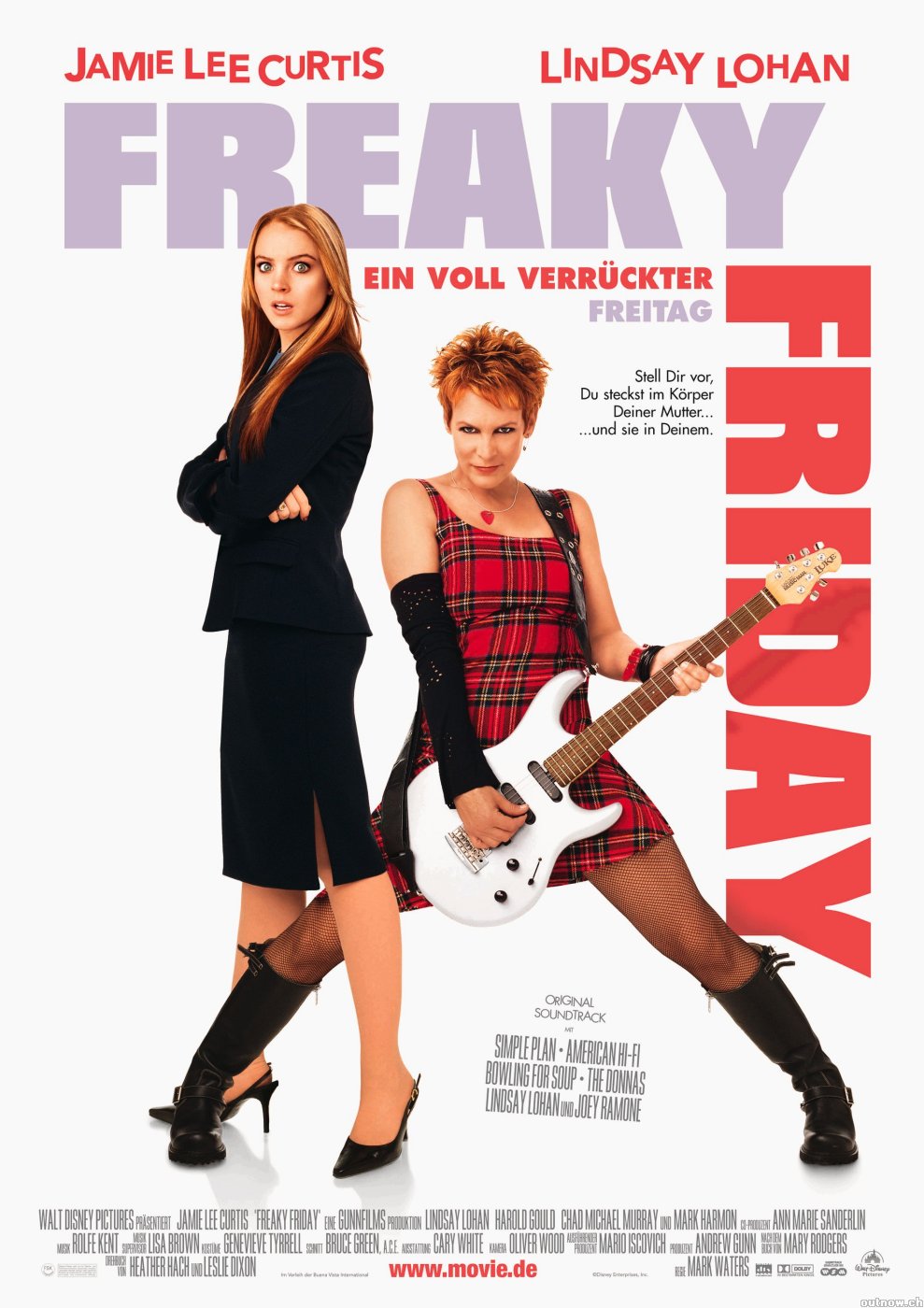

“If we get a goal there, especially short-handed, we can get some momentum,” Staal said. Stranger things have happened in this building.

Not only was it an odd call - “That’s how you teach it,” Brind’Amour said - but it didn’t feel like the Hurricanes were totally out of it at that point. And they now face some of the same questions the Devils faced coming home: Who’s their best option in goal now? What do they have to do to get their power play going? What’s wrong with us? After scoring five and six against the Devils, the Hurricanes gave up eight Sunday. This series didn’t just change locations, it swapped bodies. That’s how they want to play and give them credit.” That’s a fast team, and they opened up the ice a little bit and that’s to their advantage. “They played their game,” said Hurricanes defenseman Brady Skjei, who along with Brett Pesce was on the ice for five Devils goals. The Devils were the lopsided winner, 8-4. The Devils got a key shorthanded goal (although the Hurricanes scored three of their own). The Devils’ stars finally came to play, with Nico Hischier and Timo Meier scoring their first goals of the postseason and Jack Hughes posting a four-point, sort-of Gordie Howe hat trick.

The Devils jumped out to the early lead at home. That wasn’t the only reversal of roles between the Hurricanes and New Jersey Devils in Game 3. Rod Brind’Amour didn’t even think about yanking Frederik Andersen at the first intermission Sunday, only to pull the trigger 53 seconds into the second with the Carolina Hurricanes down four goals. Akira Schmid couldn’t survive either of the first two games in Raleigh. The goalies in this series are making the complete game as obsolete in hockey as pitch counts have in baseball.


 0 kommentar(er)
0 kommentar(er)
